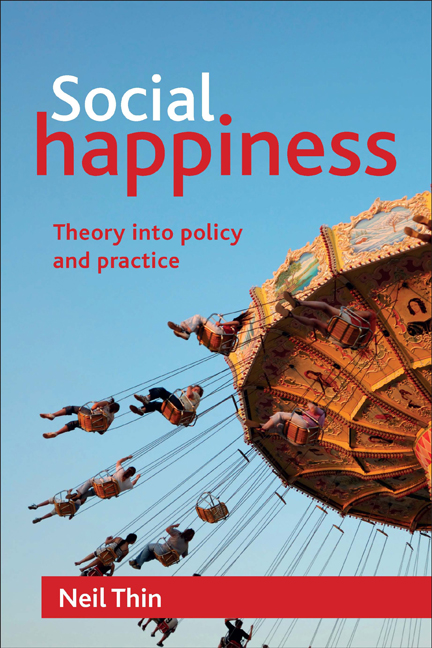twelve - Schooling for joy
Published online by Cambridge University Press: 01 September 2022
Summary
There is nothing inherently good about education, schooling, or learning. (Harber, 2004, p 7)
Only to an authoritarian mind can the act of educating be seen as a dull task. Democratic educators can only see the acts of teaching, of learning, of studying as serious, demanding tasks that not only generate satisfaction but are pleasurable in and of themselves. (Freire, 2000, p 90)
The changing purposes and evaluations of schooling
Universal standardised schooling is arguably the world's most ambitious social experiment. It is still rapidly evolving and constitutes just a brief phase in the history of enculturation, whose purposes and benefits remain unclear and endlessly debatable. Evidently, we wouldn't continue investing in schooling if we didn't believe it to make useful contributions to social quality and personal well-being. But it is troubling for both educationalists and happiness scholars that the research evidence in most countries suggests that years of formal education show at best very weak correlations with self-reported happiness, after controlling for other variables such as health and class (Ross and Van Willigen, 1997; Hartog and Oosterbeek, 1998; Feinstein et al, 2006; Michalos, 2007). More worrying still is that programmes specifically aiming to improve social and emotional outcomes in schools, even those specifically labelled ‘positive’, are so strongly focused on pathologies that they go under the generic label of ‘prevention science’ (Hoskyn, 2009). It is as if the imaginary ideal school were merely trouble free and therefore able to focus on academic attainments, and all efforts to deal with social and emotional issues were just damage-limitation exercises.
Similar levels of interest in toxicity, and disinterest in happiness or even in normal enjoyment and satisfactions, are evident in the literature under other psychosocial pedagogy rubrics such as ‘school psychology’ (Clauss-Ehlers, 2009; Gilman et al, 2009; Peacock et al, 2009), ‘school climate’ (Peterson and Deal, 2009), ‘school social work’ (Kelly et al, 2010), ‘behaviour education’ (Hulac et al, 2010), and ‘school-based mental health’ (Christner and Mennuti, 2008; Macklem, 2011). Small wonder that a plea has gone out to use positive psychology to produce ‘authentically happy school psychologists’ (Miller et al, 2008).
- Type
- Chapter
- Information
- Social HappinessTheory into Policy and Practice, pp. 165 - 182Publisher: Bristol University PressPrint publication year: 2012

